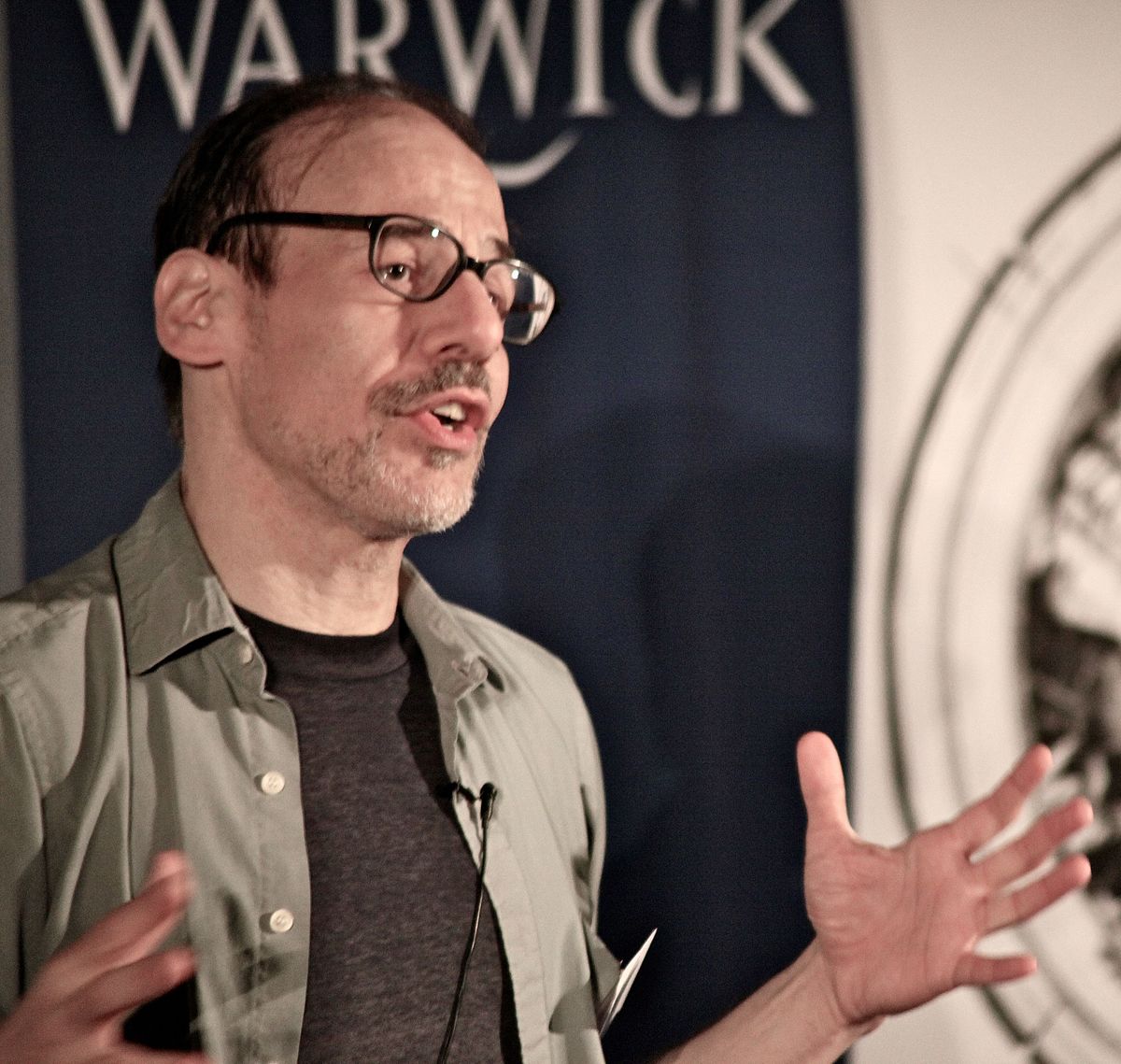Who’s Afraid of the Post-Truth Condition?
‘Post-Truth’ was Oxford Dictionaries 2016 word of the year. While the term was coined by its disparagers, especially in light of the Brexit and US Presidential campaigns, the roots of post-truth lie deep in the history of Western social and political theory.
Content navigation
Description

‘Post-Truth’ was Oxford Dictionaries 2016 word of the year. While the term was coined by its disparagers, especially in light of the Brexit and US Presidential campaigns, the roots of post-truth lie deep in the history of Western social and political theory. In my new book, Post-Truth: Knowledge as a Power Game, I reach back to Plato, ranging across theology and philosophy, to focus on the Machiavellian tradition in classical sociology, as exemplified by Vilfredo Pareto, who offered the original modern account of post-truth in terms of the ‘circulation of elites’, whereby ‘lions’ and ‘foxes’ vie for power by accusing each other of illegitimacy, based on allegations of speaking falsely either about what they have done (lions) or what they will do (foxes).
The defining feature of ‘post-truth’ is a strong distinction between appearance and reality which is never quite resolved and so the strongest appearance ends up passing for reality. The only question is whether more is gained by rapid changes in appearance (foxes) or by stabilizing one such appearance (lions). This book plays out what all this means for both politics and science.
Steve Fuller is Auguste Comte Professor of Social Epistemology in the Department of Sociology at the University of Warwick, UK. Originally trained in history and philosophy of science, Fuller is best known for his foundational work in the field of ‘social epistemology’, which is the name of a quarterly journal that he founded in 1987 as well as the first of his more than twenty books. From 2011 to 2014 he published a trilogy relating to the idea of a ‘post-’ or ‘trans-‘ human future, all published with Palgrave Macmillan under the rubric of ‘Humanity 2.0’. His most recent books are Knowledge: The Philosophical Quest in History (Routledge 2015) and The Academic Caesar (Sage 2016). His works have been translated into over twenty languages. He was awarded a D.Litt. by the University of Warwick in 2007 for sustained lifelong contributions to scholarship. He is also a Fellow of the Royal Society of Arts, the UK Academy of Social Sciences, and the European Academy of Sciences and Arts. His most recent book, Post-Truth: Knowledge as a Power Game, is published by Anthem Press in 2018.
Location
Australian National Centre for the Public Awareness of Science
Level 1, Peter Baume Building 42a, Room 1.30
